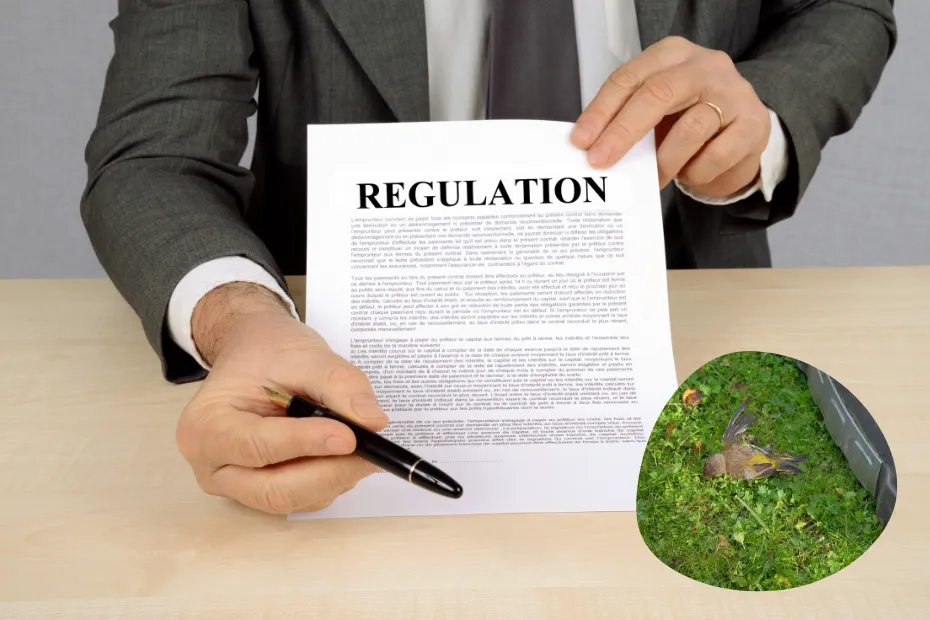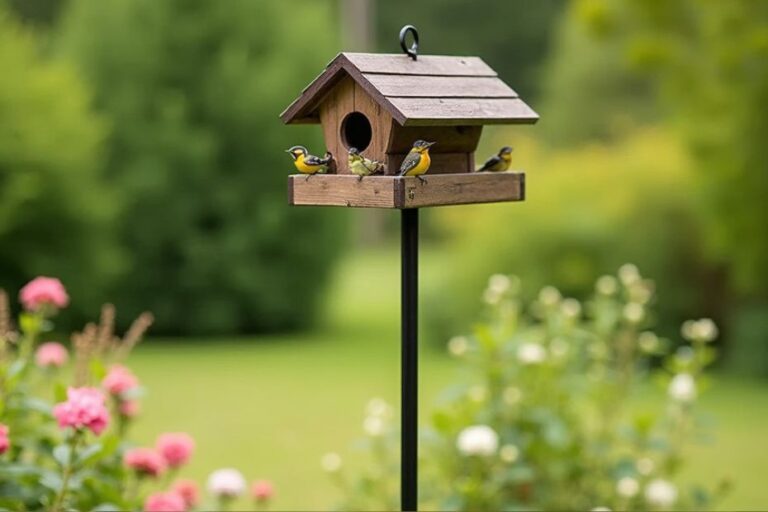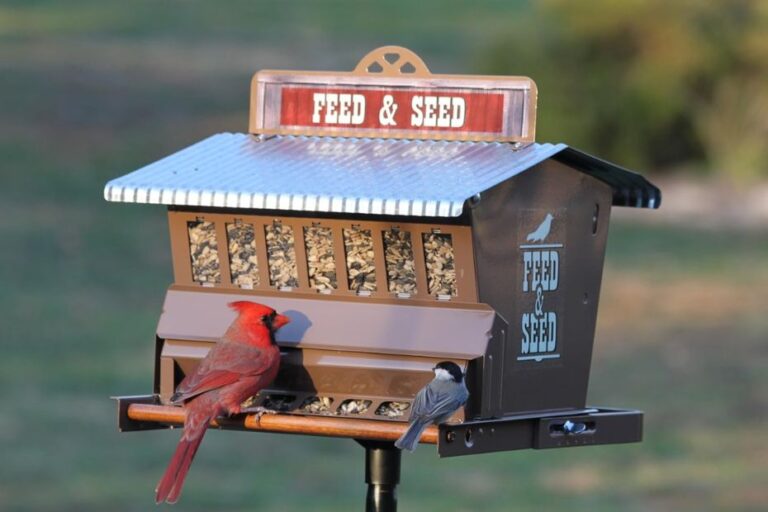Can You Kill Birds in Your Backyard?
No, you can not. All kinds of birds in the U.S. are protected by US law. It is illegal to shoot them.
You can shoot introduced species like, Rock Dove, European Starlings,feral pigeon, The House Sparrow.
If you have a crop and flocking species like crows or blackbirds are devouring it all, contact your local game warden for a special permit to remove birds that are de predating your crop.

Table of Contents
Legal Framework for Killing Birds
Federal law prohibits the killing of non-game migratory birds. The legal framework governing the killing of birds is multifaceted, involving federal, state, and local laws that aim to protect bird species while also allowing for certain exceptions.
This framework is important for anyone considering action against birds on their property.
Federal and State Regulations

Killing birds in your backyard is generally not allowed due to federal protections, and state laws may impose even stricter regulations. Always check local laws before taking any action.
Whether you can kill birds in your backyard is a question that depends on both federal and state regulations.
In the U.S., most birds are protected under the Migratory Bird Treaty Act (MBTA), a federal law that makes it illegal to harm, kill, or capture protected species without a permit.
In this situation, you can’t legally kill birds in your backyard without potentially facing serious penalties.
Some states may have additional protections or specific regulations regarding nuisance species, pest control, or hunting in residential areas.
An example: while you might be able to hunt certain game birds during the appropriate season, you typically need a license and must follow strict rules on where and how this can be done.
Local Ordinances You Should Know

When it comes to killing birds in your backyard, local ordinances are just as important as federal and state laws.
Even if a bird is not protected by federal law, your town or city might have ordinances that prohibit harming wildlife within residential areas.
Some local laws might allow you to deal with nuisance animals, but they often require you to follow specific guidelines, like using humane methods of obtaining a permit.
It’s important to check with your local government or animal control office to understand the specific prescript in your area.
Disregard these rules could lead to fines or other legal issues, even if you’re following state and federal laws.
Ethical Debate: Can You Kill Birds in Your Backyard?

Whether it’s right to kill birds in your backyard sparks a significant ethical debate? YES.
While some argue that it’s acceptable in cases where birds are causing harm or damage, others believe that killing birds is unjustifiable, regardless of the circumstances.
Some bird species can become invasive, harming local ecosystems or causing significant damage to crops and gardens.
In these cases, proponents argue that it’s reasonable to manage bird populations, especially if they pose a direct threat.
Many people believe that killing birds is morally wrong. Birds are a vital part of the ecosystem, and their presence contributes to biodiversity.
Critics argue that there are more humane ways to deal with nuisance birds, such as using deterrents or making environmental changes to discourage them from nesting in unwanted areas.
Conclusion
Before deciding to kill birds in your backyard, it’s crucial to understand the legal restrictions and consider ethical alternatives.
Federal and state laws, as well as local ordinances, often protect birds, making it important to explore humane solutions first.
Staying informed and considering all options, you can address the issue responsibly while respecting wildlife and avoiding potential legal trouble.
The decision to kill birds in your backyard is one that requires careful thought, considering both the legal implications and the ethical consequences.
Considering the ethical debate, and thinking about long-term impacts, you can make a more informed and responsible choice.






